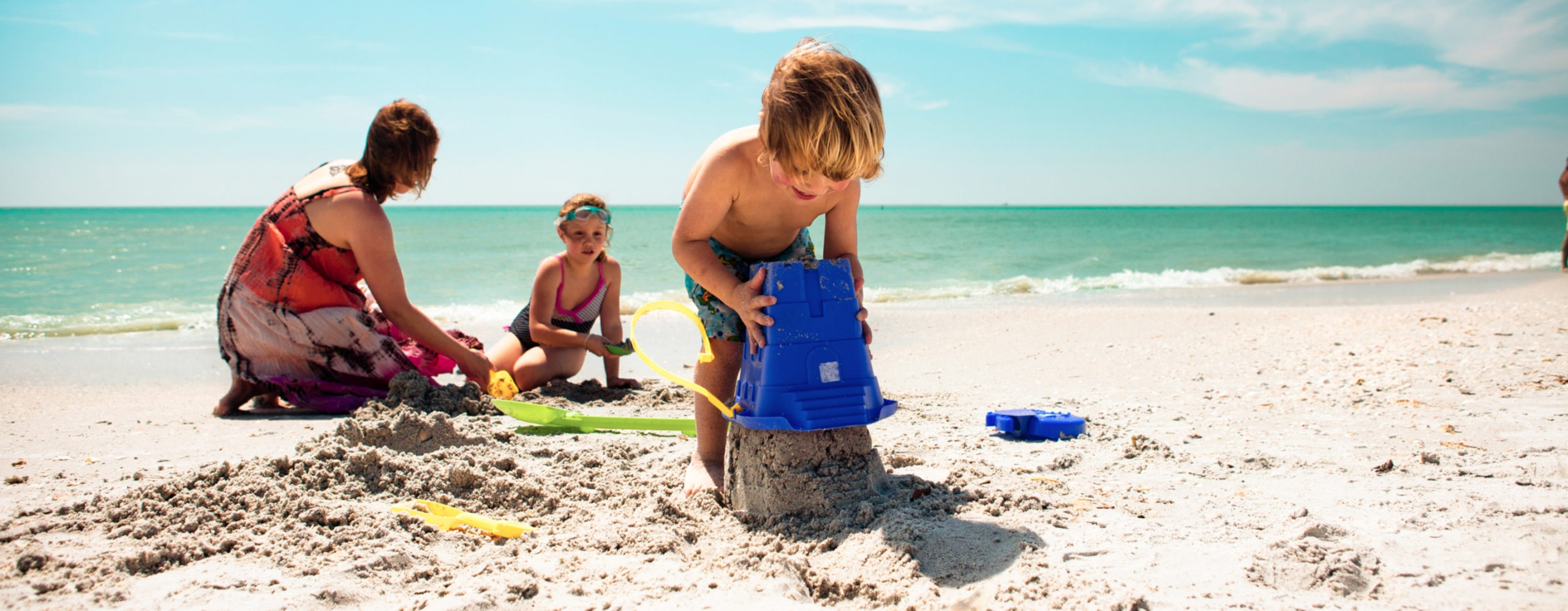 Summer vacation… for many of us, this means fun, free time, and relaxation. However, for an individual with Autism Spectrum Disorder, summer vacation can be a very difficult time of year. As we all know, many of our learners and children do best in an environment with a lot of structure, routines, and clear cut expectations. Additionally, change or unexpected events can be a big trigger for problem behavior. Unfortunately, this occurrence can make summer vacation a tough time for everyone.
Summer vacation… for many of us, this means fun, free time, and relaxation. However, for an individual with Autism Spectrum Disorder, summer vacation can be a very difficult time of year. As we all know, many of our learners and children do best in an environment with a lot of structure, routines, and clear cut expectations. Additionally, change or unexpected events can be a big trigger for problem behavior. Unfortunately, this occurrence can make summer vacation a tough time for everyone.
Luckily, there are some strategies that you can use to make summer vacation more successful and positive for your whole family!
- Use the calendar – An individual (or family-wide) calendar can be a life saver when navigating the summer vacation time with your child. Write all events, vacations or get-togethers that you know of ahead of time on the calendar. If you have a family barbecue at the beach during Labor Day Weekend, make a big note of it. Spend some time every day reviewing the calendar and talking about the upcoming plans. If there is something your child is particularly excited about, consider making a countdown to the specific event.
- Social stories of visual supports – New and novel social situations are scary for everyone. If there is an event or occasion that might be a new experience for your child, consider writing a social story to help prepare them. Social Stories, created by Carol Gray, is a social learning tool that provides individuals with information regarding what to expect in various social situations and the specific behaviors in which they should engage. A social story could be helpful to prepare your child for a beach vacation, family barbecue or trip to New York City. Your child’s behaviorist and/or home programmer can provide you with a social story or you can develop one. There are many resources for Social Stories at carolgraysocialstories.com.
- Plan out a routine – As mentioned before, individuals with Autism Spectrum Disorder typically do better with a routine. Of course, the whole point of a summer vacation is to get out of your routine and have some time to relax. With that being said, it may be helpful to create a routine to follow during your summer vacation. Planning a daily schedule for your child may help. You can even tie a behavior incentive into the daily routine by identifying a fun activity or treat for a positive day. It might also be helpful to develop a checklist for the daily routine. Your child can cross activities off as they are completed.
Perhaps the daily routine is to:
- Follow a regular morning routine
- Go for a walk
- Do some chores in the house
- Going into the community to run a few errands
- Afternoon home programming
- Follow a regular evening routine
- Pick a movie to watch with Mom and Dad


